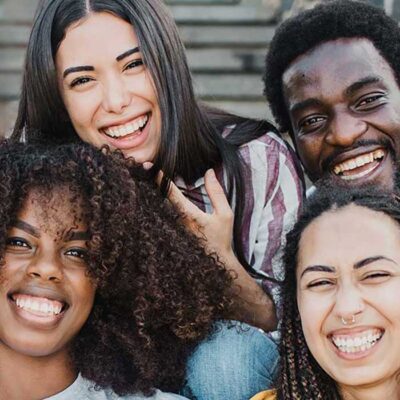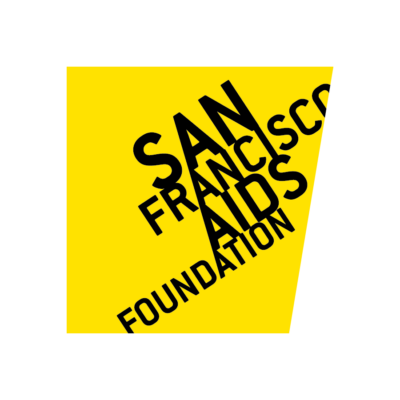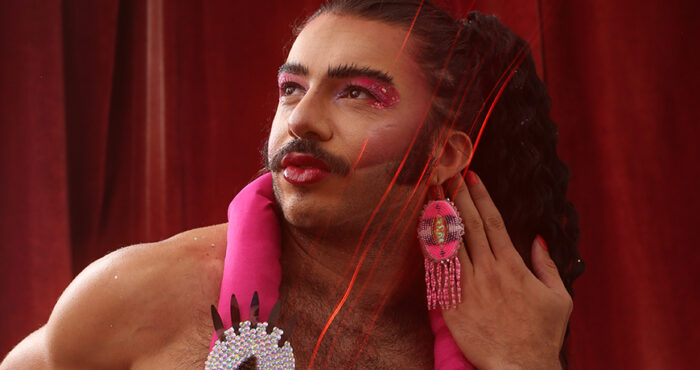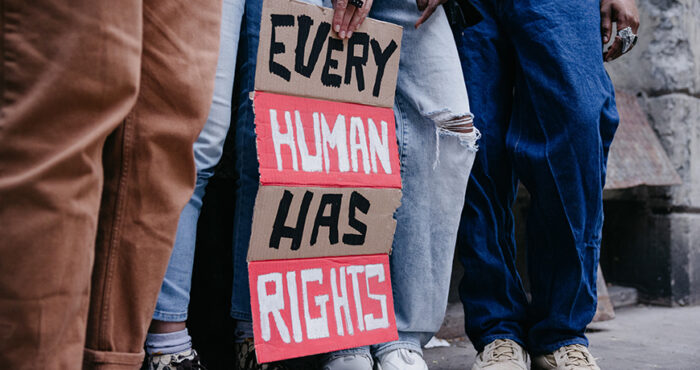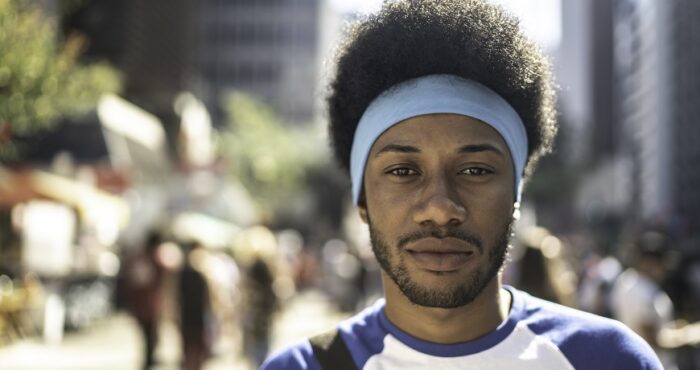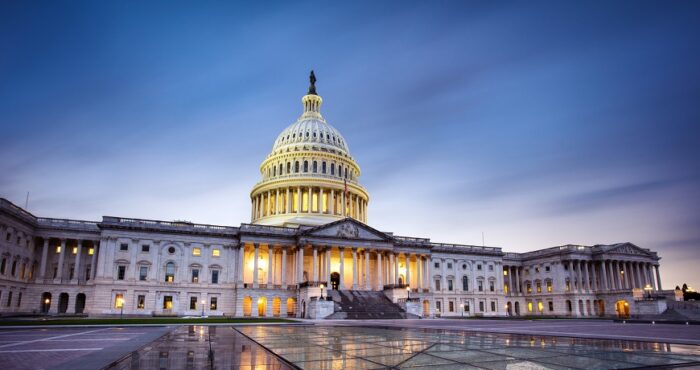I was denied donating plasma after COVID-19 because I’m Queer

When I turned 17, I donated blood for the first time. Coming from a family of people with rarer blood types, my aunt pressed upon me the importance of donating regularly–which I did every 56 days before I started having sex, and learned about the lifetime blood donation ban for sexually-active queer men. All these years later, I can still remember the feelings of shame and stigmatization from the repeated and invasive screening procedures used to prevent men who have sex with men from giving blood–the many ways I received the message that my blood was dangerous and worthless.
Recently, I had the distinct displeasure of reliving the same frustration and anger all over again when I was denied the ability to donate blood plasma after recovering from COVID-19. In the middle of a global pandemic, when gay men who have tested positive for COVID-19 antibodies are willing to step up and donate plasma, it’s maddening that blood banks and researchers aren’t doing everything they can to eliminate and overcome discriminatory, outdated blood donation policies.
Although it’s hard for me to know for sure, I believe that I came down with COVID-19 in the late winter of this year, before we knew that COVID-19 was widely circulating in the U.S. I had the classic symptoms–cough and fever–but thought it was just a cold or maybe the flu, and never got tested for COVID-19 when I was experiencing symptoms. Testing wasn’t available then. It wasn’t until early May that I decided to get tested for COVID-19 antibodies, and I wasn’t surprised when the test came back positive.
When I got my positive antibody test results back, I immediately thought about donating plasma to one of the research studies being conducted at the University of California, San Francisco (UCSF). Researchers there were (and still are) seeking people who had recovered from COVID-19 to donate plasma for studies on COVID-19 therapies and treatments, vaccines, and to track the spread of the virus.
Signing up to participate felt like the right thing to do. Knowing I, a Latinx Queer person, have antibodies–that could potentially help other people–made me feel compelled to do something! Instead of sitting at home, feeling helpless during this horrible situation we’re all living through, I could actually contribute in some way.
I went to the website of the blood donation center listed on the UCSF study website, Vitalant. I read through the questionnaire and there it was, question number 4, “In the past 12 months, are you a male who had sexual contact with another male?” Those experiences and feelings from my youth came flooding back. Not only was the question completely binary in its notions of gender and sex, it was also stuck in the past. There were other questions about everything from my travel history, to use of injection drugs, to recent vaccinations, but it was number 4 that raised the red flag. A homophobic relic of the past.
Even though the Food and Drug Administration (FDA) loosened the restrictions on gay men giving blood this spring in response to an urgent need for blood donations, the blood donation center used by UCSF hadn’t implemented these changes as part of their protocol. Thus, instead of being asked if I had been sexually active in the previous three months with another man (I had not), I was asked about my sexual history in the previous year.
I emailed the researcher, to explain the situation and ask if I might still be a good candidate for plasma donation, given that I met the new criteria for blood donation specified by the FDA. In return, I received a curt response explaining that the study used the same 12-month ban as Vitalant.
Other community members and HIV clinicians have raised concerns about Vitalant maintaining the year-long celibacy rule for gay men to donate blood, since the policy unnecessarily restricts a dwindling blood supply and promotes discriminatory practices.
Let’s be clear: Bans that prevent men who have sex with men from giving blood are discriminatory and aren’t based on the science of HIV. It doesn’t matter if the ban against sexual activity is 12 months or three months. Both are unfair. We’ve come a long way since the height of the AIDS epidemic when fear ruled our responses, HIV testing was in its infancy, and little was known about HIV transmission and risk. It’s time for blood donation guidelines to come in line with the science of HIV and to reflect behavior, not identity.
If I were a straight person (and yes–straight people get HIV too), I could still give blood no matter my sexual activity in the previous three months, no matter how many partners I had had, no matter whether I had used condoms or PrEP or U=U.
Queer people have the ability to get married in California, and there are a lot of laws that protect our rights. But the blood donation ban is just another reminder that LGBTQ people are not full and equal citizens in the U.S. still to this day.


